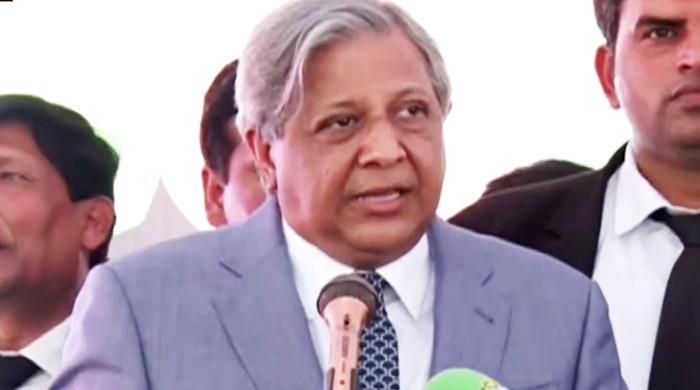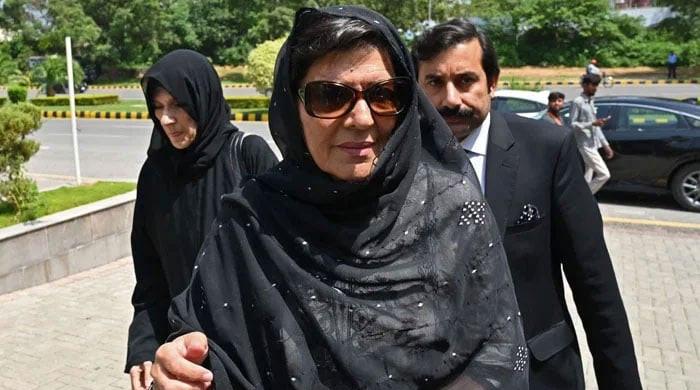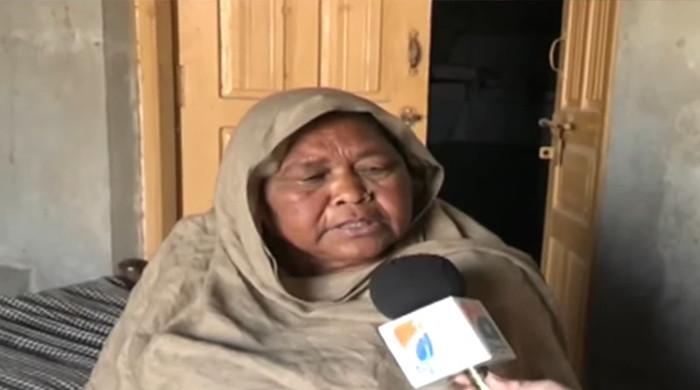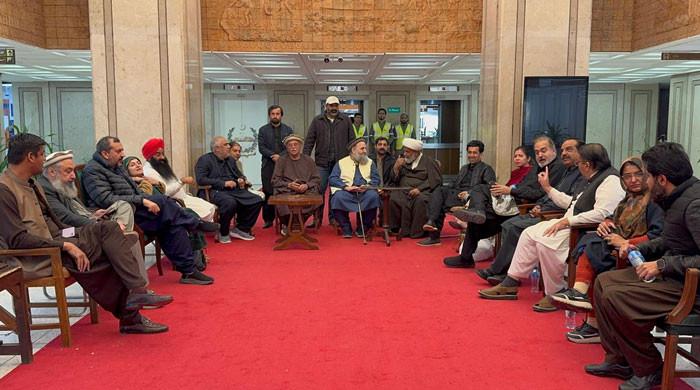Could old and new rivals deprive MQM-P of a win in the PS-94 by-poll?
MQM-P hopes to make an emotional connection with voters as it gears up for the January 29 by-election
January 24, 2019
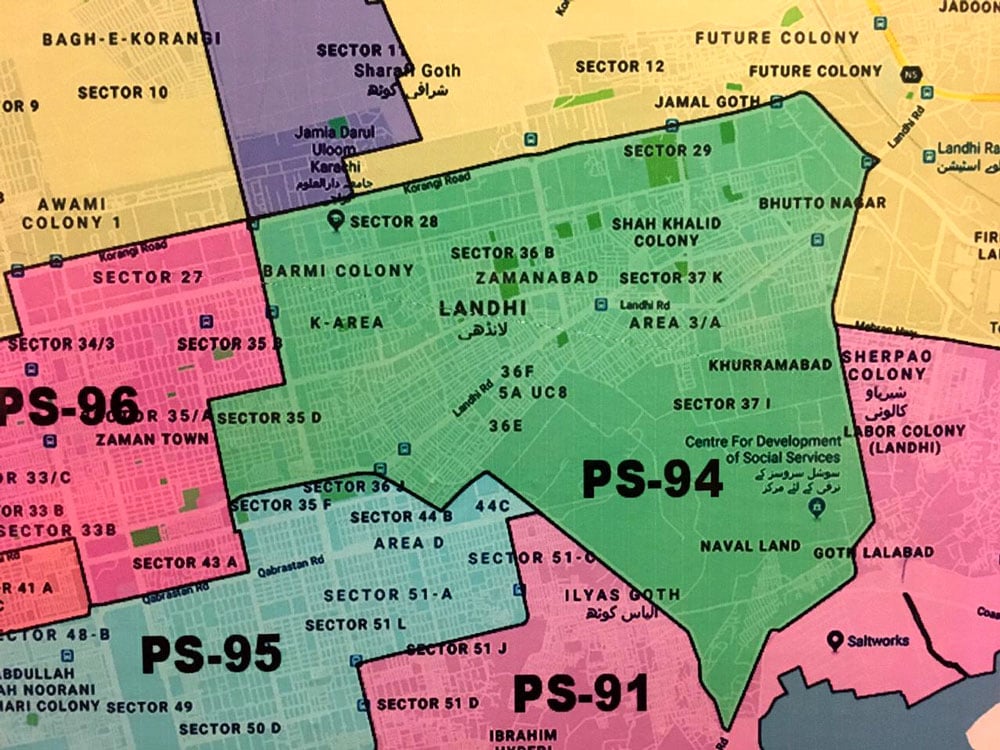
With the slogan "Apna Vote Apno Ke Liye", the Muttahida Qaumi Movement-Pakistan (MQM-P) hopes to make an emotional connection with voters as it gears up to retain the provincial constituency, PS-94 in Karachi, in the by-election scheduled for January 27.
The seat has been vacant since Muhammad Wajahat, an MQM-P lawmaker, died in November.
For the political party, this will be an important win, needed to revivify the political party, which could only secure four parliamentary seats from Karachi, out of 21, in the July general ballot. Back then, MQM-P's Wajahat easily scooped up the constituency with over 30,000 votes, defeating the Tehreek-e-Labbaik Pakistan (TLP) candidate. The Pakistan Tehreek-e-Insaf (PTI) and Muhajir Quami Movement-H (MQM-H) came in third and fourth, respectively.
This time, MQM-P's main challenger will be the ruling PTI.
From the July election to the October by-polls, Karachi, it seems, was the PTI's to win. The MQM-P, which had ruled the port city for over three decades, was crumbling under the pressure of internal rifts and ended up losing most of its strongholds to Imran Khan's PTI.
The PTI performed just as impressively in the by-polls. But the December local government by-elections shook the PTI's confidence. It could only manage to win one seat in the ballot, while the MQM-P was victorious on 10 seats.

Of the two dozen candidates who have submitted their documents to the election commission, the main contest is expected between the MQM-P, PTI, MQM-H and Pak Sarzameen Party (PSP). The last two are breakaway factions of the MQM.
Interestingly, the election commission did not allow the Tehreek-e-Labbaik candidate to contest the PS-94 by-poll. Labbaik has been facing a crackdown by law enforcement agencies across the country after they threatened to shut down cities on the release of Christian woman, Asia Bibi, by the Supreme Court. To date, most of Labbaik's top leadership has either been imprisoned or is under house arrest.

On the ground in PS-94, the MQM-P has helmed a drum-tight campaign. Its candidate, Syed Hashim Raza, is sure of his party's success. "The PTI does not understand the issues of the area," he tells Geo.tv. PS-94 is a suburban, middle class neighbourhood in Karachi with a large Mohajir community.
On the other side of the ring is PTI's Ashraf Qureshi, who in July contested from the parliamentary constituency of NA-253 (District Central) and lost to the MQM-P's candidate, Usama Qadri, with a margin of more than 12,000 votes.
A PTI supporter, who asked not to be named, admitted that the party struggles in middle and lower-income areas of the city. "There is a lack of organisational structure, which is why we preform well in affluent areas, such as DHA and Clifton, but cannot appeal to the masses as a whole," he said.
Another reason why the constituency matters to the MQM-P is because the area was once a hotspot of violent clashes between the MQM’s rival factions. Landhi was once among the few Mohajir-populated areas considered strongholds of the MQM-H, since 1992, after it splintered from the MQM. According to journalists, who live in the neighbourhood, the area was a no-go area then for MQM workers.
But after a decade of control, the MQM-H began losing its grip on the constituency starting from 2003. The MQM, which was supporting the then-military regime of General Pervez Musharraf, used the government machinery against its rival and demolished its headquarters, Baitul Hamza, in Landhi. It further put two of the MQM-H’s key leaders, Afaq Ahmed and Aamir Khan, behind bars.
However, taking advantage of the ongoing operation that started in September 2013, the MQM-H has returned to its former strongholds after a gap of 10 years and could give its arch rival, the MQM-P, a tough contest on January 27.





